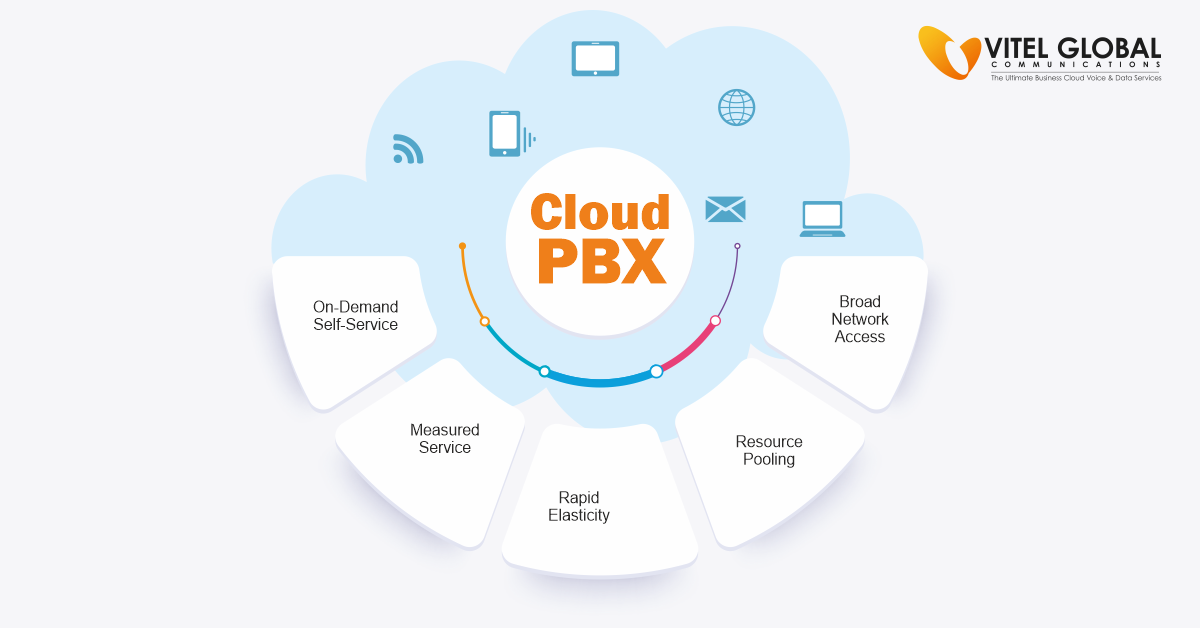Many businesses are adopting VoIP Business phone services, which are more affordable and easier to use than traditional phone lines. More flexibility and a wider range of features are frequently offered by these systems.
Your calls are forwarded to a local carrier via the internet while using these services. An internet telephony gateway is used by the services provider to connect to your local carrier.
By utilizing your regular phone number, voice over Internet Protocol transforms it into an online connection. Despite the similarity in operational methods between digital telephony and traditional phone services, it is emerging as a unique and innovative communication solution. A noteworthy distinction lies in VoIP’s ability to facilitate online chats from any location. Additionally, because the connection doesn’t run through a typical phone line network, it will ensure and give outstanding call quality.
Introduction: VoIP Phone Service
Voice over Internet Protocol transforms voice communications and multimedia sessions by utilizing the internet. Unlike traditional phone lines, it employs a set of protocols to deliver IP telephony functions. This technology enables real-time phone calls while introducing unparalleled mobility and flexibility, features often lacking in conventional landlines.
The accessibility of these phone services from nearly any location stems from the delivery of voice call functions over the internet. Businesses and their associates can seamlessly make and receive phone calls using desktops, laptops, or smart devices, regardless of their geographical location. Digital phone thus emerges as a versatile and dynamic solution for modern communication needs.
How VoIP Enhances Business Efficiency
It has been revolutionizing business-to-business communication for years, yet many small business owners are still unaware of what it is.
The popularity of these systems is on the rise, gaining traction in both households and enterprises as a cost-effective and efficient communication solution for businesses.
While these telephone services have been utilized by many individuals and companies for an extended period due to their numerous benefits, an increasing number of organizations and individuals are making the transition to digital phones.
Benefits of VoIP Services for small businesses
Before delving into the benefits, it’s crucial to grasp the fundamentals of cloud phone. It enables voice communication over the internet, replacing traditional phone lines with digital technology. This shift allows for more efficient and flexible communication, often at a lower cost. Let’s look some advantages of Small businesses phone services.
Lower Expenses
- Because internet phones may reduce costs for businesses that require phone systems, they have grown more common in recent years.
- One of the key benefits of cloud systems is that they are less costly than traditional phone systems, which means you can save money.
- This is an integrated service, so you don’t need to invest in fresh technology or acquire a new phone line when your business expands.
Greater Ability to Adapt: You Can Make Different Uses of It
- These cloud telephone systems have the flexibility to be integrated with different networks within your firm, including internal phone systems, email systems, and more.
- You can be completely mobile and make and receive calls without a physical connection while using a VoIP phone system. You will be able to access your digital phone services. with the use of any internet-connected device, whether a smartphone, laptop, desktop, or PC
Greater Safety
- Because these systems are frequently more secure than traditional phone systems, businesses decide to migrate to them.
- Fear and hurry are common tools used by hackers to force employees to give sensitive company information over the phone so they can gain access to your network.
- Voice over Internet Protocol cutting-edge IP technology, which includes enhanced identity management and encryption, can assist in combatting these threats.
Clarity of Call
Digital calls are crystal clear, sharp, and devoid of interference or background noise. The calls are clearer since they don’t have to go over miles and miles of phone wires.
Your calls won’t lag or drop as long as your internet connection is sufficiently fast and stable. It is crucial to verify your bandwidth prior to making a phone service purchase.
Simple Installation and Configure
For the majority of business owners, installing digital phone systems can be an easy process. Internet-based phones work exactly like traditional phone numbers, and changing phone numbers is a simple process.
VoIP Business Phone Services for Small Businesses: Key Consideration
As small businesses increasingly explore the advantages of adopting VoIP business phone services, it becomes essential to delve into the crucial considerations that can shape the decision-making process. This blog will navigate through the key factors tiny businesses should weigh when contemplating the implementation of cloud phone services.
Bandwidth and Network Requirements
Before diving into digital phones, small businesses need to evaluate their existing internet bandwidth and network infrastructure. It relies on a stable and robust internet connection to ensure clear voice quality and uninterrupted communication. Assessing bandwidth needs and network capacity helps in preventing potential issues like dropped calls or poor call quality.
Quality of Service (QoS)
Maintaining a high Quality of Service is paramount for these systems to function effectively. Small businesses should prioritize network configurations that prioritize VoIP traffic, ensuring that voice data is given precedence over other internet activities. This safeguards against latency or jitter that could impact call quality.
Equipment and Compatibility
Small businesses need to consider the compatibility of existing hardware with cloud systems. Some modern phones seamlessly work with digital phones, while others may necessitate adapters or upgrades. To guarantee a smooth transition, it is vital to assess device compatibility and confirm adherence to digital phone standards.
Service Provider Selection
Choosing the right VoIP business phone service provider is a pivotal decision for small businesses. Factors such as service reliability, customer support, pricing models, and available features should be carefully evaluated. Researching and comparing different providers ensures that businesses select a service that aligns with their specific needs and budget.
Security Measures
Ensuring the security of cloud communications is of utmost importance for small businesses. These systems are vulnerable to various threats, including eavesdropping and hacking. Implementing robust security measures such as encryption protocols, secure login credentials, and regular software updates is imperative to safeguard sensitive business conversations.
Reliability and Redundancy
Reliability is a critical factor in business communication. Small businesses should inquire about a VoIP provider’s infrastructure and redundancy measures to minimize downtime risks. Cloud phone features such as failover options and backup systems contribute to uninterrupted communication even in the event of technical glitches.
Regulatory Compliance
For businesses in regulated industries, ensuring these systems comply with industry-specific regulations is non-negotiable. Compliance with standards such as Health Insurance Portability and Accountability Act (HIPAA) or Payment Card Industry Data Security Standard (PCI DSS) is vital, considering the potential legal implications of mishandling sensitive information.
Training and User Adoption
Introducing cloud to the workforce requires training and a strategy for user adoption. Small businesses should invest in comprehensive training programs to familiarize employees with the new system. Clear communication about the benefits and functionalities of VoIP can foster a positive reception and maximize its utility within the organization.
Conclusion
When small businesses want to employ VoIP business phone services, they may better prepare for a successful implementation by carefully examining five crucial components. Leveraging cloud phones full potential for small enterprises requires careful consideration of all factors, from regulatory compliance to technical requirements assessment. Businesses can improve communication efficiency and make well-informed decisions that suit their specific requirements by taking these factors into account.





